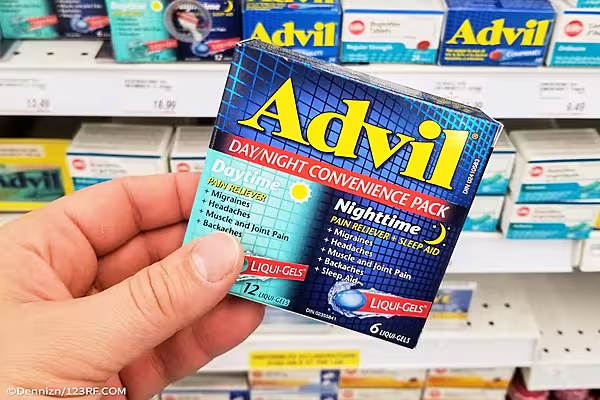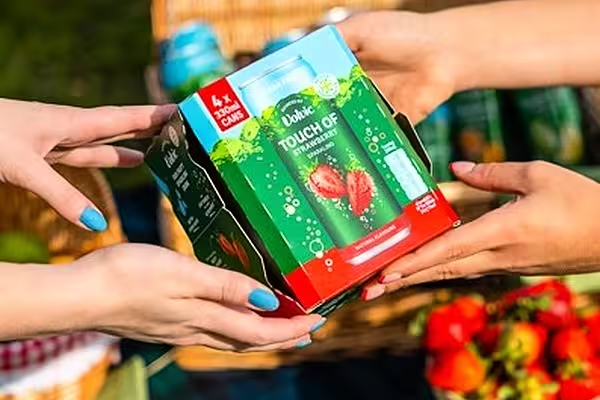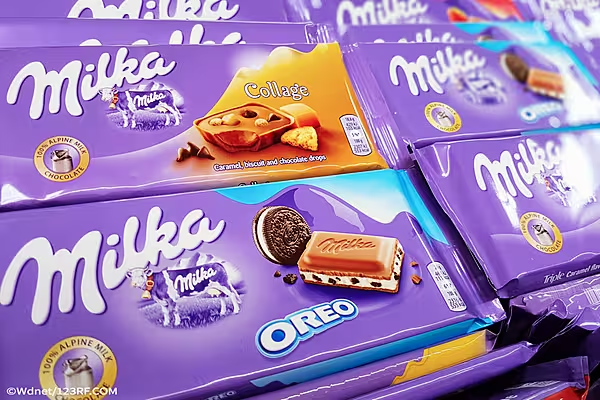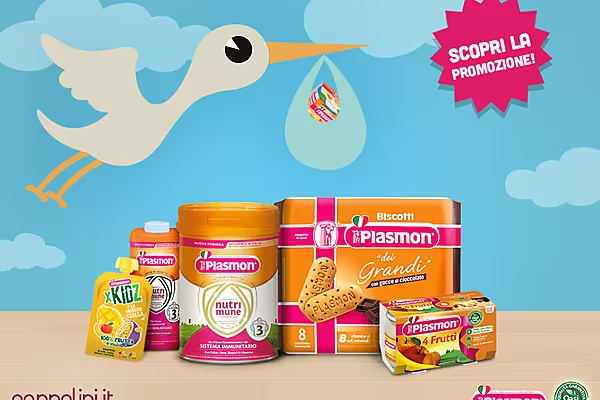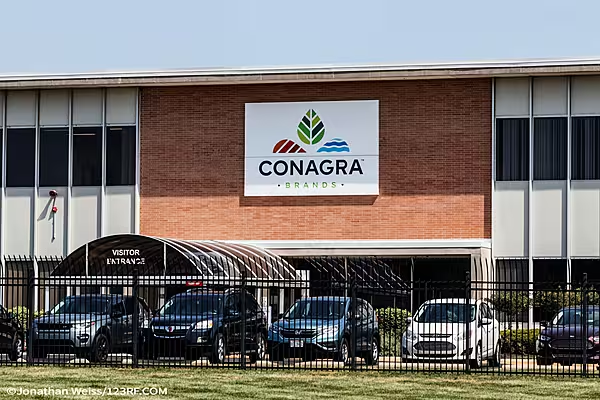Days after carving out its consumer health business, a slimmed down GSK delivered a strong second-quarter performance on Wednesday, boosting its full year forecast as demand for its blockbuster Shingrix vaccine rebounded.
After years of underperformance relative to its peers and missing out on the lucrative market for the first set of COVID-19 vaccines, GSK has ushered in a new era of focus on vaccines and prescription drugs, with the wind in its sails.
Having survived a protracted revolt by activist investors Elliott and Bluebell last year, investor faith in so-called New GSK's prospects have been boosted by clinical trial success for a potential blockbuster RSV vaccine, M&A activity, and a share price that has climbed despite weak stock markets.
On Wednesday, GSK said it now expects 2022 sales to rise 6% to 8% and adjusted operating profit to increase by 13% to 15%, excluding any contributions from the company's COVID-19 solutions business.
Previously, the company had forecast full-year sales to grow 5% to 7% and adjusted operating profit to rise 12% to 14%.
The London-listed company's shares inched up 0.4% in early trading.
Vaccinations
GSK has been expecting demand for its shingles vaccine to pick up as healthcare systems start to move beyond from governments' prioritisation of COVID vaccination programmes.
This quarter, Shingrix generated £731 million, well ahead of the GSK-compiled consensus estimate of £610 million.
Adjusted earnings stood at 34.7 pence per share for the three months to 30 June, GSK said, while it generated turnover of about £6.9 billion, including pandemic solutions' sales from the preceding quarter.
Analysts expected GSK second-quarter earnings of 29.3 pence per share on revenues of about £6.3 billion, a company-compiled consensus showed.
Revenue Growth
With its shingles vaccine back in demand and as the antibiotics market recovers, GSK is also making good on promises to grow its specialty medicines business, through a portfolio of new HIV drugs, which contributed over a third to the division’s revenue growth in the second quarter, said Hargreaves Lansdown analyst Laura Hoy in a note.
"All of this supported improved guidance for the full year, suggesting the leaner organisation is more nimble than expected."
However, the company's pandemic solutions sales have taken a hit and GSK said that expected 2022 sales had largely been achieved in the first half of this year.
As COVID headwinds abate, alongside the US health regulator's rescinding emergency use authorisation for GSK's therapy, Xevudy, due to concers around the lesser benefit it provides against Omicron offshoot variants - second-quarter Xevudy sales fell to 466 million pounds, after 1.3 billion pounds in the first quarter, though beating analyst expectations in the region of 97 million pounds.
Haleon
GSK's Haleon made its debut on the London Stock Exchange earlier this month as the world's biggest standalone consumer health business - home to brands such as Sensodyne toothpaste and Advil painkillers.
GSK has previously predicted that Haleon is poised to generate above market annual organic revenue growth of 4% to 6% in the next three to five years.
On Wednesday, Haleon reiterated this forecast but said the company expects organic revenue growth to be in the region of 6% to 8% for 2022.
Its full results for the first half of 2022 will be published in September but H1 organic revenue grew by about 11.6%, boosted as demand for brands such as Panadol, Theraflu, Otrivin and Advil spiked with the rebounding of cold and flu season, Haleon said.
Read More: GSK Spins Off Haleon In Biggest European Listing For A Decade
News by Reuters, edited by Donna Ahern, Checkout. For more A-brands stories, click here. Click subscribe to sign up for the Checkout print edition.
